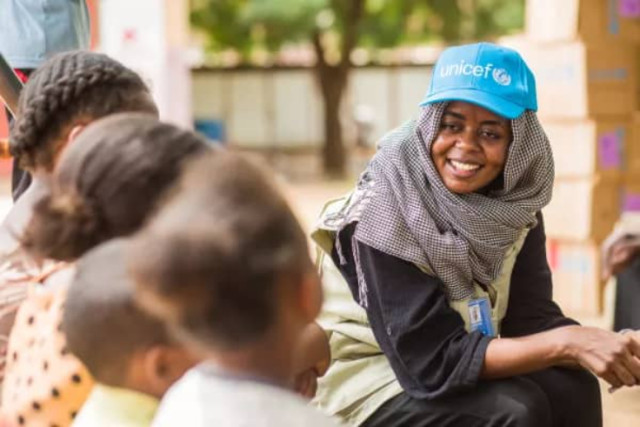A United Nations Children’s Fund (UNICEF) child nutrition report revealed that 65 per cent of children facing food poverty in the world are from Nigeria and 19 other countries.
The 19 other countries include Afghanistan, Bangladesh, China, Côte d’Ivoire, the Democratic Republic of the Congo, Ethiopia, Ghana, India, Indonesia, Myanmar, the Niger, Pakistan, the Philippines, Somalia, South Africa, Uganda, the United Republic of Tanzania and Yemen.
The report showed that globally, one in four children (27 per cent) are living in severe child food poverty in early childhood, amounting to 181 million children under five years of age.
According to UNICEF, child food poverty is the inability to access and consume a nutritious and diverse diet in early childhood.
The UN body said child food poverty harms all children, but it is particularly damaging in early childhood when insufficient dietary intake of essential nutrients can cause the greatest harm to child survival, physical growth, and cognitive development, trapping children and their families in a cycle of poverty and deprivation.
The report stated that the severe child food poverty level in Nigeria is at 32 per cent.
According to the report, “Across the world, millions of parents and families are struggling to provide nutritious and diverse foods that young children need to reach their full potential.
“Growing inequities, conflict, and climate crises, combined with rising food prices, the overabundance of unhealthy foods, harmful food marketing strategies, and poor child feeding practices, are condemning millions of children to child food poverty.”
To address child malnutrition, the UN agency urged governments and partners to invest in actions to improve children’s access to diverse and nutritious diets and end severe child food poverty.
“Elevate child food poverty reduction as a requirement for achieving global and national nutrition and development goals.
Government should commit resources to end child food poverty,” it advised.




















